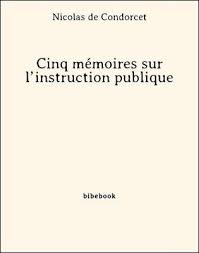Condorcet. Istruzione, potere, libertà nei Mémoires sur l’instruction publique (1791-92)
DOI:
https://doi.org/10.13135/2038-6788/9198Parole chiave:
Condorcet, Democrazia, Diritti, Educazione, Educazione pubblica, Libertà, Mémoires sur l’instruction publique, Pedagogia critica, RivoluzioneAbstract
Public education and the people’s learning process constitute the foundation of freedom and a challenge for power respectively. Condorcet’s as well as the political-pedagogical discourse of the revolutionary period in general encompass a much wider field than the one in which this kind of discourse is situated today. Actually, Condorcet’s proposal addresses the theme of the Revolution as structurally pedagogical. Freedom, which is both the goal of the revolution and the premise for equality among human beings, who differ by nature and disposition, is attainable only through education. Public, secular, and universal, education becomes the guarantee for truly enjoying political, social, and civil rights and is the necessary precondition for the establishment of a real democracy. Based on “collective reason,” this democratic system scientifically makes the (constitutional) rules for a community that is systematically prone to change, even of its own laws, when such laws become detrimental to civil rights due to a so-called puissance législative illimitée.


